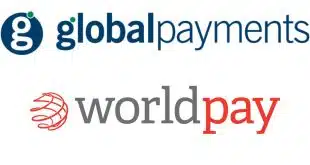Digital-currency specialist Circle Internet Financial Ltd. is expanding into China following a $60 million investment from a syndicate of investors. This follows a $50 million funding round raised last year by the Boston-based company.
Circle enables users to send and receive funds instantly at no charge using blockchain technology. A blockchain is a distributed ledger that logs and confirms transactions based on user consensus.
The new investment will help fuel Circle China, a company launched approximately six months ago. Though the company has yet to offer a commercial product in China, Circle is committed to developing a China-native entity, Circle notes in a blog from its cofounders, Jeremy Allaire and Sean Neville.
“Messaging and payments, [peer-to-peer] lending and novel forms of saving and investment, powered by the Internet and software, are accelerating at an incredible pace in China, outpacing the West,” the post notes. “We all have a lot to learn from innovators in China.”
Circle also is expanding into Europe with support for transactions in euro. Within the next month, the company expects to make its service available to consumers in Spain with additional nations to follow. Circle says it is still working with regulators on the service.
“’Lighting up Euro’ on Circle’s platform is critical in our effort to enable consumers everywhere to share value, and is also important to our efforts in China,” Circle notes. “Between the U.S., Europe, and China, there are 2+ billion consumers who will share value, and we want to enable that experience in the same way that these consumers share messages and content today. We’re on track to exceed a billion dollars in transaction volume on an annual basis, and Circle’s global customer base has grown by 300% over the past 12 months—but we’re just getting started.”
Circle, like many digital-currency providers, has grand ambitions. “We want to connect consumers using dollars, pounds, euro, and renminbi the same way that the Web, email, and other protocols have connected consumers globally,” it says.





